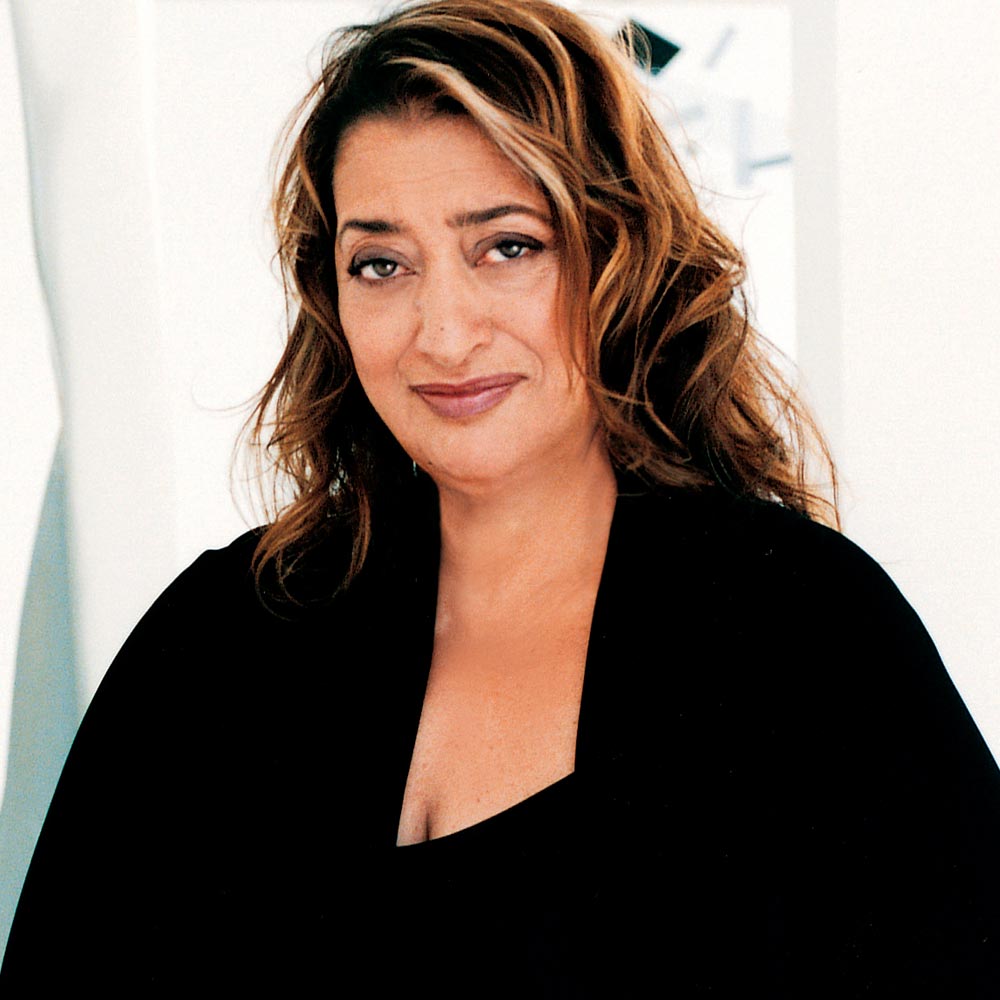"I am very proud to be awarded the Royal Gold Medal, in particular to be the first woman to receive the honour in her own right," she said in a statement.
"We now see more established female architects all the time. That doesn't mean it's easy. Sometimes the challenges are immense," she said.
After her win was announced, the architect cut short an interview on Britain's flagship radio morning news programme Today after a tense exchange with her interviewer.
Hadid referred to her failed bid to build Tokyo's 2020 Olympics stadium as a "scandal", adding: "I pulled out because we had no contractor to go with".
That decision was announced this week by her Japanese business partner, two weeks after they said they would propose a new design for the arena.
Prime Minister Shinzo Abe had pulled the plug on Hadid's initial winning design due to its eye-watering $2 billion (1.8 billion euro) price tag.
Hadid was interrupted by her BBC interviewer Sarah Montague as she was explaining the controversy and snapped saying: "Don't ask me a question when you can't let me finish it."
When Montague asked about the "soaring costs" of the Tokyo stadium, Hadid responded: "Let's stop this conversation right now. I don't want to carry on."
Hadid is best known for buildings including the Guangzhou Opera House in China, the Vitra Fire Station in Germany and the Cardiff Bay Opera House in Wales.
She opened her own practice in London in 1979 and in 2004 she became the first female recipient of the Pritzker, considered the equivalent of the Nobel prize for architecture.
"Zaha Hadid is a formidable and globally influential force in architecture," RIBA president Jane Duncan Said, describing her work as "highly experimental, rigorous and exacting".
------------------------------------------------------------------------------------------------------------------------
"We now see more established female architects all the time. That doesn't mean it's easy. Sometimes the challenges are immense," she said.
After her win was announced, the architect cut short an interview on Britain's flagship radio morning news programme Today after a tense exchange with her interviewer.
Hadid referred to her failed bid to build Tokyo's 2020 Olympics stadium as a "scandal", adding: "I pulled out because we had no contractor to go with".
That decision was announced this week by her Japanese business partner, two weeks after they said they would propose a new design for the arena.
Prime Minister Shinzo Abe had pulled the plug on Hadid's initial winning design due to its eye-watering $2 billion (1.8 billion euro) price tag.
Hadid was interrupted by her BBC interviewer Sarah Montague as she was explaining the controversy and snapped saying: "Don't ask me a question when you can't let me finish it."
When Montague asked about the "soaring costs" of the Tokyo stadium, Hadid responded: "Let's stop this conversation right now. I don't want to carry on."
Hadid is best known for buildings including the Guangzhou Opera House in China, the Vitra Fire Station in Germany and the Cardiff Bay Opera House in Wales.
She opened her own practice in London in 1979 and in 2004 she became the first female recipient of the Pritzker, considered the equivalent of the Nobel prize for architecture.
"Zaha Hadid is a formidable and globally influential force in architecture," RIBA president Jane Duncan Said, describing her work as "highly experimental, rigorous and exacting".
------------------------------------------------------------------------------------------------------------------------









 Home
Home Politics
Politics











